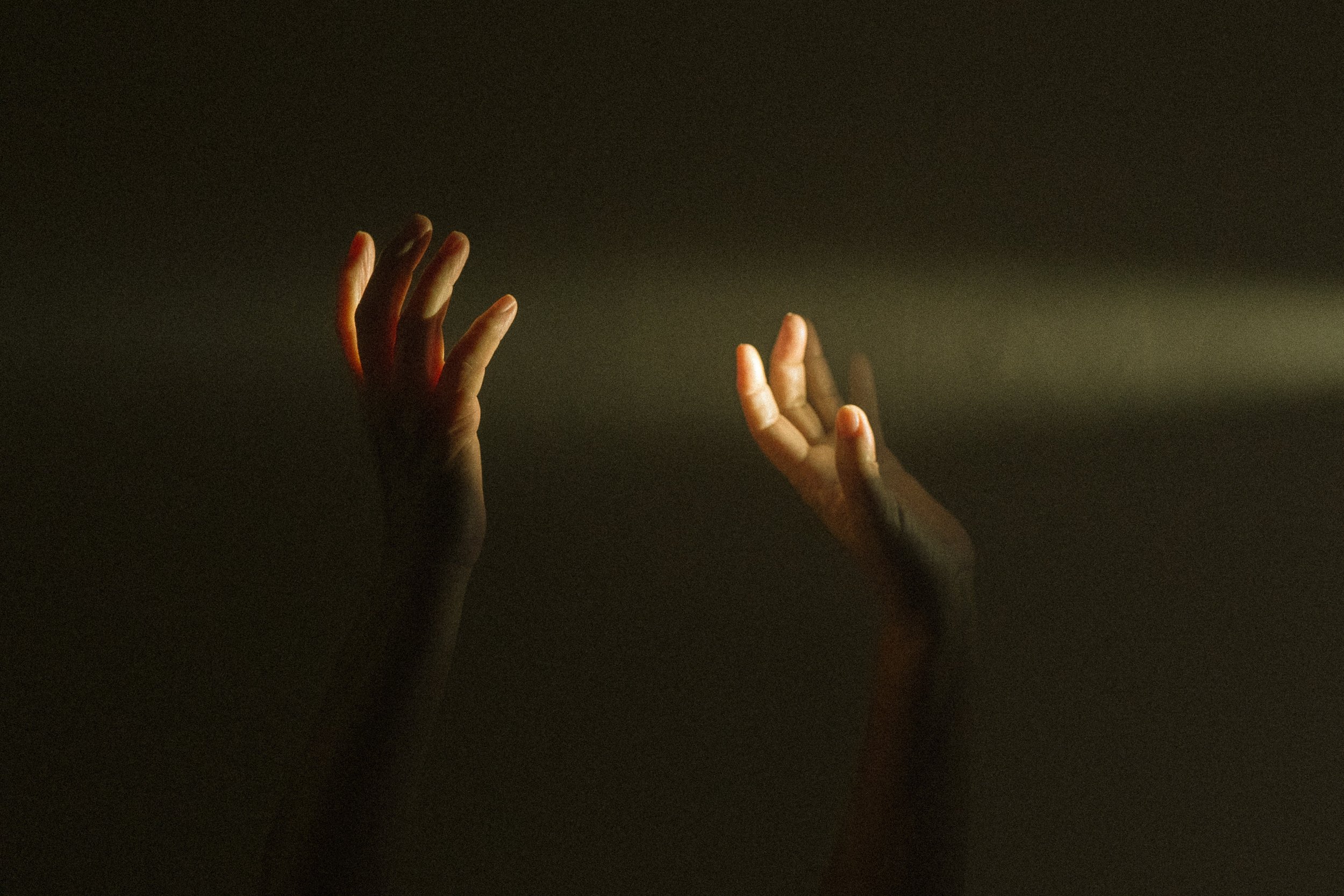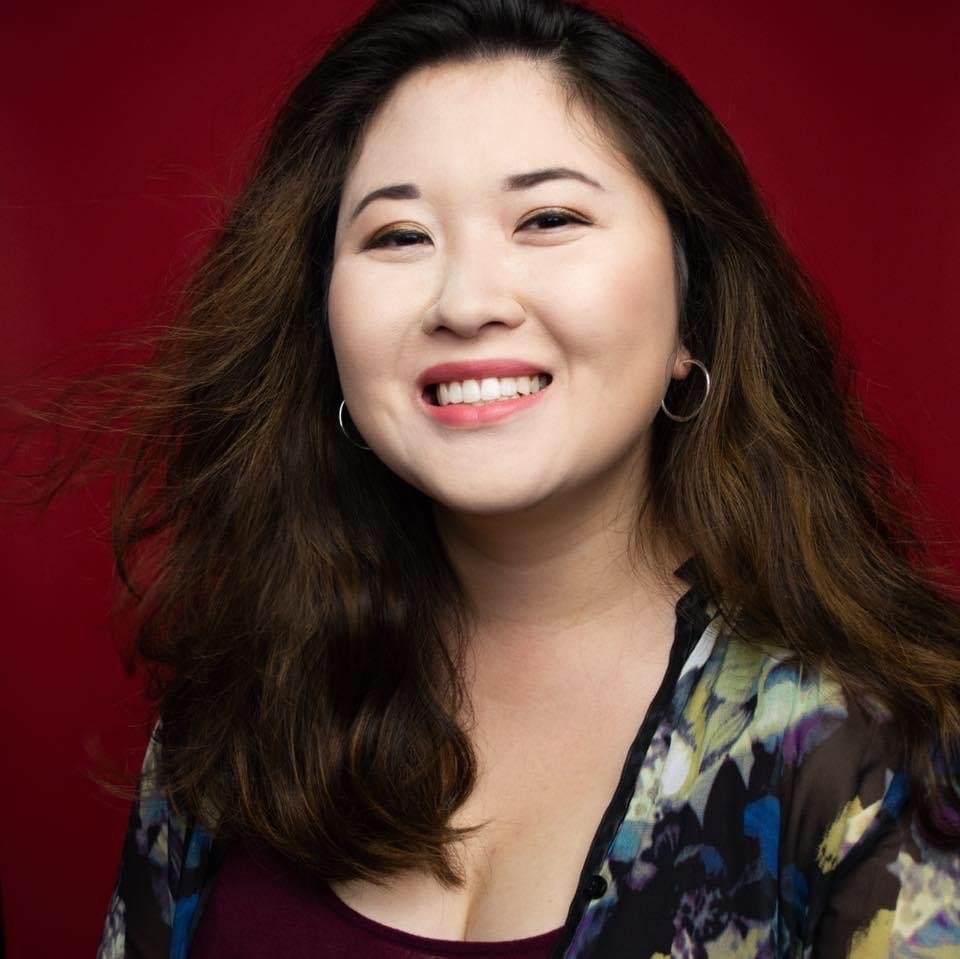Those Who Walk In Darkness
By Naomi K. Lu
"T
he people walking in darkness have seen a great light; on those living in the land of deep darkness a light has dawned. You have enlarged the nation and increased their joy; they rejoice before you as people rejoice at the harvest, as warriors rejoice when dividing plunder. For as in the day of Midian’s defeat, you have shattered the yoke that burdens them, the bar across their shoulders, the rod of their oppressor. Every warrior’s boot used in battle and every garment rolled in blood will be destined for burning, will be fuel for fire. For to us a child is born, to us a son is given, and the government will be on his shoulders. And he will be called Wonderful Counselor, Mighty God, Everlasting Father, Prince of Peace. Of the Greatness of his government and peace there will be no end” Isaiah 9:2-7 (NIV).
Prince Of Peace. The names describing the Messiah are symbols of hope, descriptions of His character, identifiers of God made human who would come to save a broken and depraved world. Two thousand years have passed since Love in human form walked with us, but our need for Emmanuel, God with us, is just as great as then.
In 2019, the leading cause of death in Asian American youth and young adults is suicide. Depression is one of the leading causes of disability globally. Our world is dark, aching, and broken, and we can never find enough solutions and cures to all that ails us. We are in desperate need of a savior. The bright lights of Christmas, the jolly songs, and cheerful motifs can seem insulting in the face of great suffering. Our news headlines are dominated by mass killings and violence. Fear and anxiety have echoed throughout our nation, reflected in our politics and our rhetoric. The last few years have revealed the racism and injustice once hidden in the shadows of our country. For me, and I imagine for others, I have been reminded of the realities of what it means to be a person of color in this country. I am and those in my community are collectively exhausted, weary, wondering if change will ever come. We wonder if it is even possible for such brokenness to be redeemed. An ironic part of the holiday is that it represents a glaring reminder of the difference between how things could or should be, and how things are. We declare “Peace on Earth!” as division rips through our families. We smile for Christmas cards and rage behind closed doors. In my experience as a Chinese female, I am deeply familiar with saving face–the desperate need to exude calm while storms devastate within, to stave off humiliation and shame. Our holiday platitudes suggest God would rather have our masks than our hearts. That honest grief and lament have no room during “The Most Wonderful Time of the Year.”
But God cannot be contained by a Hallmark card.
The peace from our Emmanuel is not simply for those who are well. This peace is far beyond the diluted version bottled up in our culture of social media therapy, represented by cutting off toxic relationships and an extra-long bubble bath. How often do we hear the phrase “protecting my peace” as if it’s a commodity that can be stolen? True peace is not so fragile because real peace is not created by us. We seem to think that peace comes from avoiding hard things, whereas the peace of the Gospels is one that surpasses all understanding right in the middle of suffering. Peace is the stillness and grounding of our souls when nothing makes sense; it is the assurance that we are being held when all else falls apart.
Terror arrives when I see how little I control. But peace reigns when I remember who is sovereign.
This holiday season, may we rest in the knowledge that the God we worship is not one who is intimidated by our suffering. He is El Roi- the God who sees. The peace we are offered is not a band-aid meant to minimize our wounds, but an understanding of hope that the one who carved stars from dust is for us and our good. These present sufferings, though very real, are only temporary. The Prince of Peace lived and died to save and redeem not just our beings but also our heartaches. And it is here, in the presence of our Savior who turns darkness into light, we gain the courage to face our worries, our sorrows, our storms, our nights and still say, “It is well with my soul.”
Photo by Luis Dalvan
Naomi K. Lu is a Chinese-American Third Culture Kid who grew up in East Asia. An educator and a writer, she is passionate about Asian mental health, depression treatment, and suicide prevention. She currently lives in California with her three dogs.
Help us continue the work of empowering voices. Give today.


